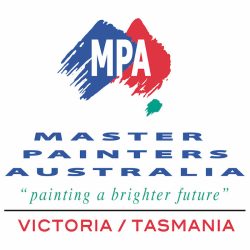Find a Master Painter
Provide a brief explanation of the required painting and we will email you details of suitable professional painters. We will also provide your details to them so you can connect.
We will endeavour to respond to you within 48 hours during weekdays.
If you have any questions, please call us on 03 9813 5922.
